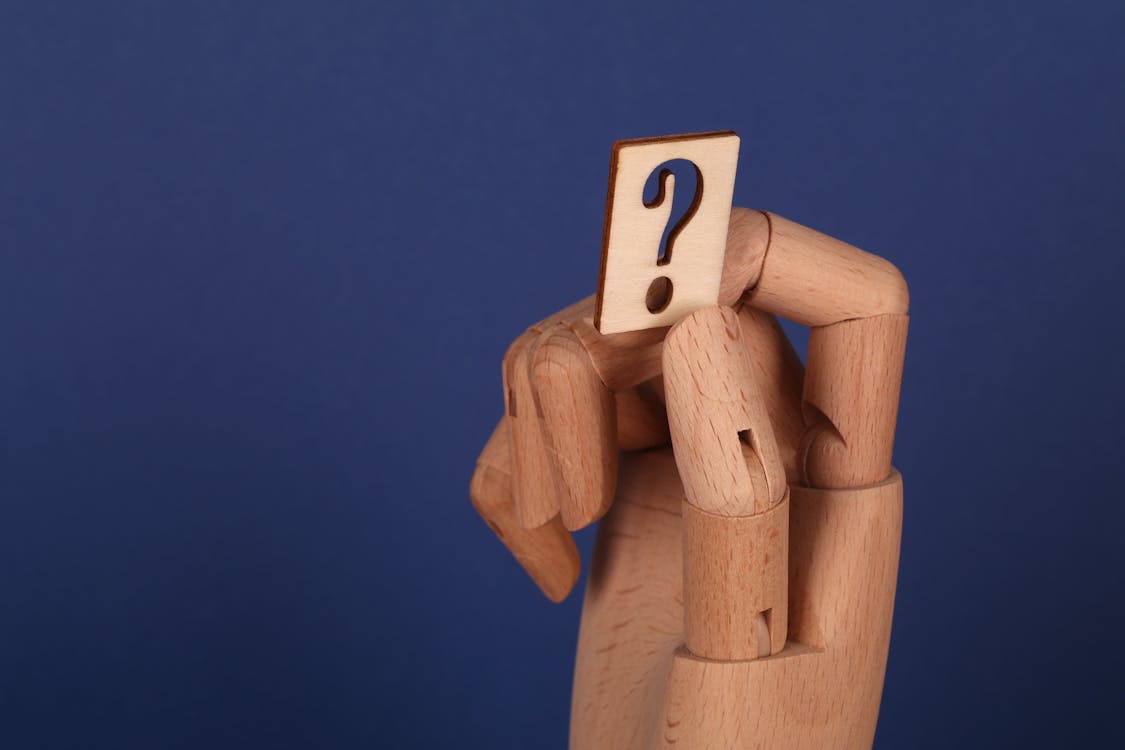
Qui and que are two of the most common relative pronouns in French – that is, pronouns used to refer back to nouns (including names) that have been previously mentioned.
(Yes, that does sound an awful lot like grammar. No, don’t run away just yet.)
| They stand for “who”, “that”, or “which”, depending on the exact sentence you have on hand. It’s super easy to choose the right one of the two: qui will replace the subject and que will assume the role of a direct object. |
Before you go further: it’s important to keep in mind that que has several different meanings in French, so it can be used in a myriad of other ways besides as a relative pronoun. When you’re reading a sentence in French and come across the word que, make sure you have the right meaning in mind!
C’est la policière qui m’a aidé. = It’s the policewoman who helped me. (subject)
J’ai perdu le pull que tu m’as donné. = I lost the pullover that you gave me. (direct object)
Relative pronouns qui and que: How to say “who”, “that”, and “which” in French
One important thing to note: it’s common for beginners to mix up qui and que by using qui for people and que for animals and inanimate objects. That’s wrong – if it replaces the subject in your sentence, you’ll have to go with qui, even if you’re talking about a bus or a piece of cake.
Both qui and que can refer both to a person (or animal) and an inanimate object.
Please note that while it might be tempting to omit qui and que in French (after all, you can often leave out “that” in English without changing the meaning), you can’t do that – qui and que are an indispensable part of the sentence structure.
Now that we have successfully cleared that up, let’s dive into the details:
Qui as a relative pronoun
Meaning nr. 1.: who (but also “that”, “which”, “whom”). When used to refer to a person, it can be translated as “who”, “whom” or “that”.
J’aimerais bien savoir qui a fait ça. = I’d really love to know who did that.
Tu es le seul qui me connaisse. = You’re the only one who knows me.
la femme qui chante = the woman who sings
le teckel qui remue la queue = the dachshund that wags his tail
l’homme avec qui vous dansiez = the man (that) you danced with
| When qui is used to refer to a thing or an abstract noun, you’ll translate it as “which” or “that”. |
Donne-moi la cravate qui est sur le canapé. = Give me the tie that’s on the couch.
Il n’y a qu’un bus qui mène à la ville. = There’s only one bus that goes to the city.
sans qui = without whom
Ma petite amie, sans qui je serais complètement perdu. = My girlfriend, without whom I’d be totally lost.
How to use qui in a question: qui as an interrogative pronoun
Qui… ? = Who…?
Qui a gagné la guerre? = Who won the war?
Qui sommes-nous ? = Who are we?
Qui peut participer ? = Who can take part?
De qui parlez-vous ? = Who are you talking about?
À qui … ? = Whose…?
À qui est cette bague en saphir ? = Whose sapphire ring is this?

Que as a relative pronoun
Que can be translated as “whom”, “that”, “what” or “which”.
It’s used to refer to an object (in the grammatical sense):
l’homme que je vois = the man (that) I see
la danseuse que j’ai rencontrée = the dancer (that) I met
Que as an interrogative pronoun
Que fais-tu sous ma fenêtre ? = What are you doing under my window?
Que diraient-ils ? = What would they say?
Que pourrait-elle lui écrire ? = What could she write to him /her?
That’s it! We also have a wonderful list of useful French expressions with que, so don’t miss out on that one, either.